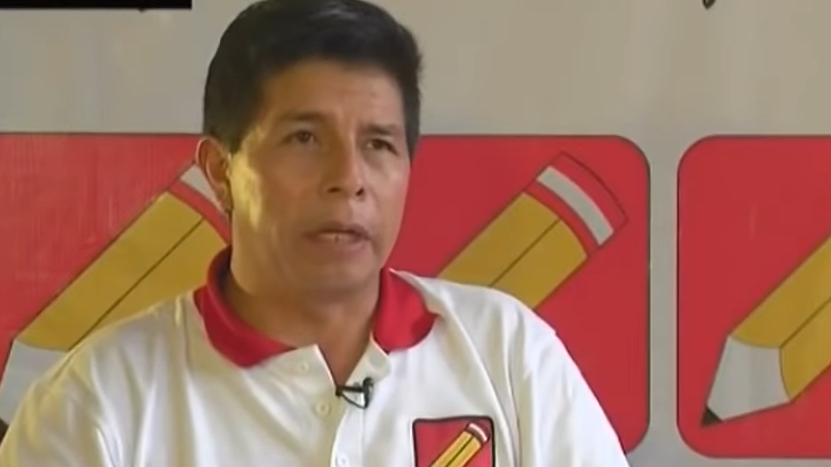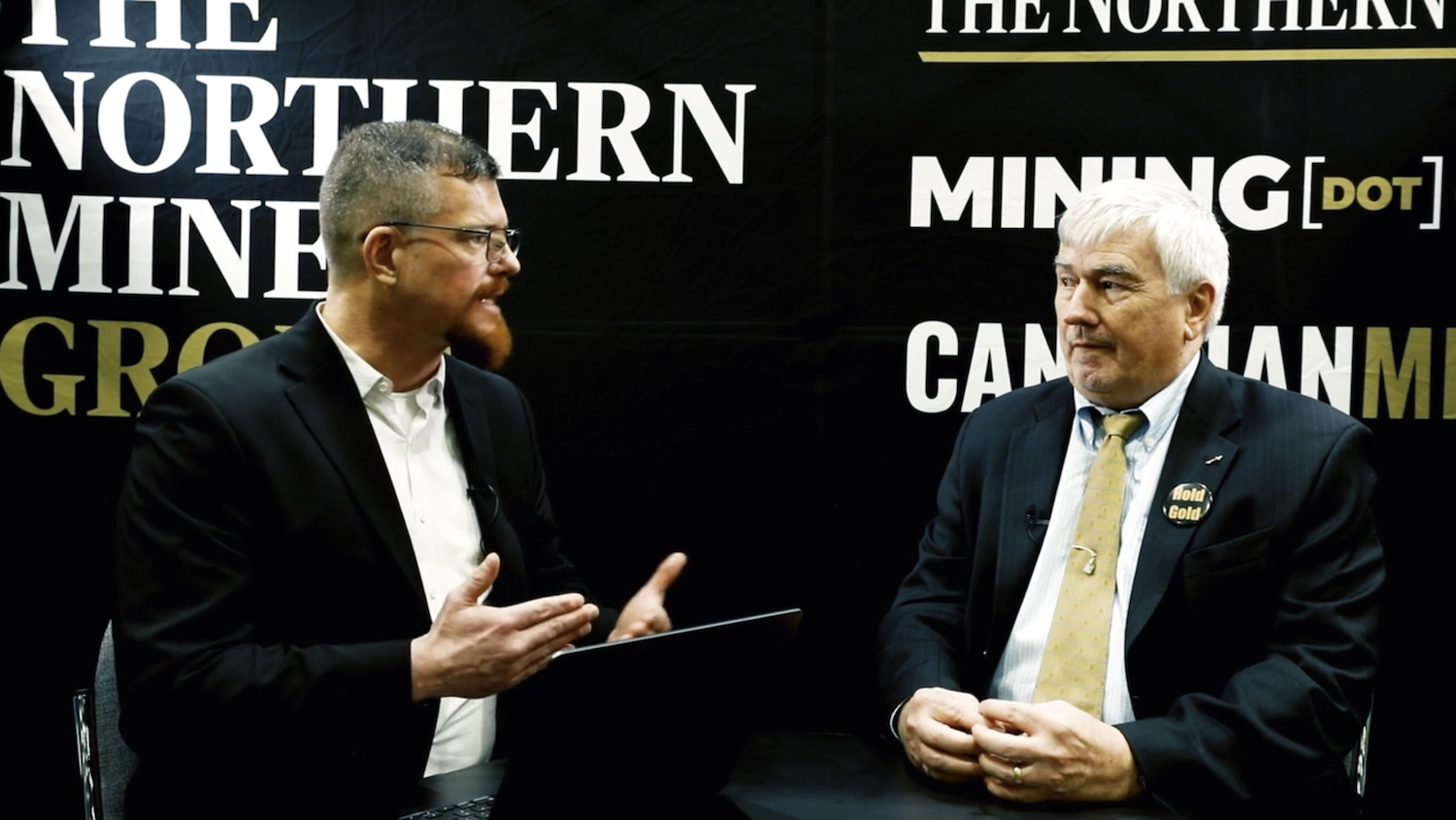Peru candidate seeks bigger cut from mining, not state control

The first-round winner of Peru’s presidential election wants to renegotiate mining contracts rather than seize assets, said a party official, in comments that may ease concerns in the world’s second-biggest copper industry.
While Free Peru’s official platform mentions taking control of natural resources, its candidate Pedro Castillo isn’t looking to nationalize mining, and welcomes private investment, the party’s legal representative Ana Maria Cordova said by telephone. Castillo, who will announce some “adjustments” to his platform, wants a bigger share of company profits to benefit Peruvians.
“Not to expropriate them, not to nationalize or anything, but so that the conditions in some way also favor populations where these industries or mining operations are involved,” she said. “It is simply renegotiating conditions so that they somehow improve in favor of the population.”
Castillo will face right-winger Keiko Fujimori in a June 6 runoff vote. Fujimori has warned that her rival’s plans to rewrite the constitution and take over strategic companies make him a danger to democracy. Whatever the outcome, higher investment risk will result in less copper supply over time, Jefferies analyst Christopher LaFemina wrote. That may help push up prices of the metal as demand surges amid a transition to clean energy and transport.
Castillo wants to ensure certain resources better serve local populations, Cordova said, citing some of the highest gas prices in South America despite Peru being a major producer. Uncertainties surrounding the rural schoolteacher-turned-politician, who earlier this week vowed to nationalize the Camisea gas deposit, have spooked investors.
Still, Peru has experienced hard-line candidates in the past who softened their views after taking office, and any radical moves would have to get through a predominantly investor-friendly congress.
“I don’t see Peru going the way of Venezuela,” said Bloomberg Intelligence analyst Grant Sporre. “That said, if the country does raise royalties and taxes, that will make investment more difficult and projects in copper, for instance, are likely to slow. Peru still needs to remain competitive.”
Peruvian operations owned by companies including BHP Group, Freeport-McMoRan Inc. and Southern Copper Corp. account for 11% of the world’s mined copper. Anglo American Plc is scheduled to begin production at the Quellaveco mine next year. The country is also a major producer of zinc, silver and gold.
No ‘apocalypse’
Cordova said private capital “won’t be touched,” with the government simply looking for a bigger share of profit.
“The government plan remains the same, what will be done are detail clarifications, and obviously based on the conversations with the other political organizations, there may be some flexibility,” she said.
“In the short term, we still see a lot of resilience in the sector and a positive macroeconomic environment,” said Hector Collantes, an associate director at Fitch Ratings, who covers metals and mining. “There’s a lot of caution in the medium term to decide on growth projects that could affect the long term.”
Gold Fields Ltd. Americas Executive VP Luis Rivera said on Wednesday that Peru’s constitution had proven resilient in the past. “It’s not like this is going to be an apocalypse,” he said at an industry seminar.
(By Daniela Sirtori-Cortina and James Attwood)
{{ commodity.name }}
{{ post.title }}
{{ post.date }}




Comments